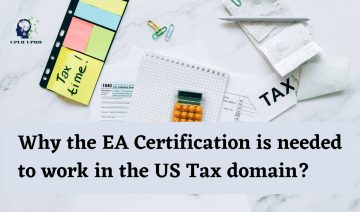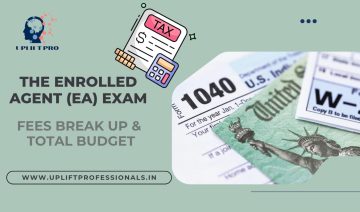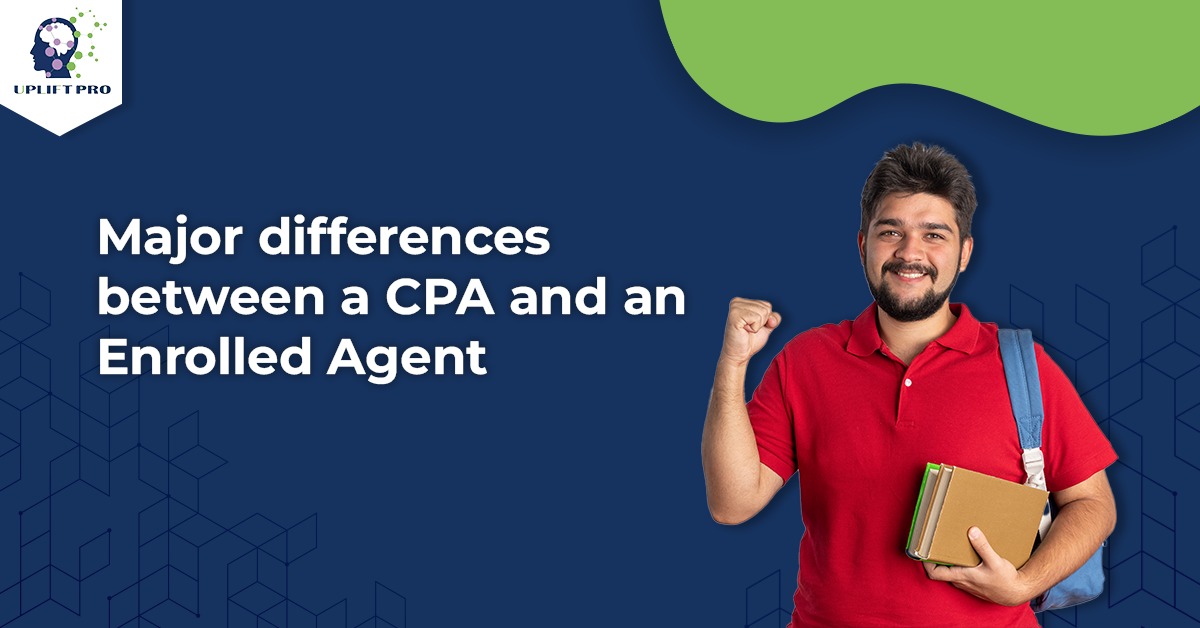Why the EA Certification is Necessary to Work in the US Tax Domain?
The US tax domain is a complex and ever-evolving field that requires specialized knowledge and expertise to navigate effectively. For professionals aiming to establish a rewarding career in this area, obtaining an Enrolled Agent (EA) certification has become increasingly essential. Recognized as the highest credential awarded by the Internal Revenue Service (IRS), the EA designation […]




